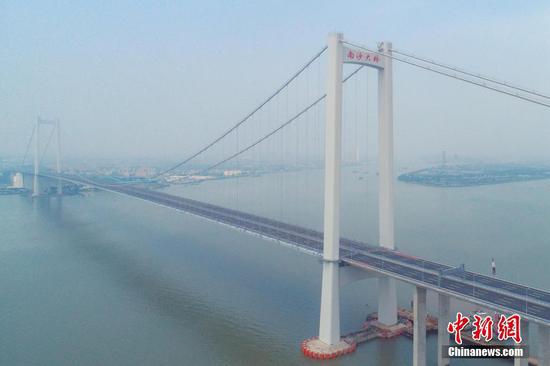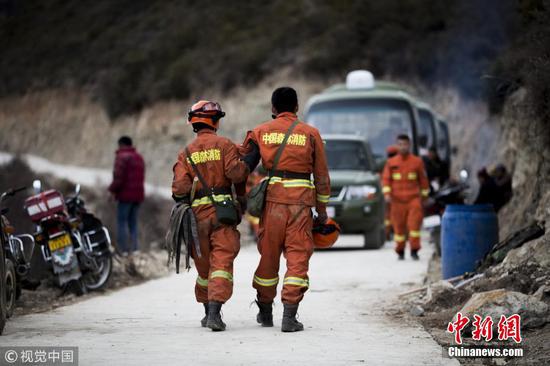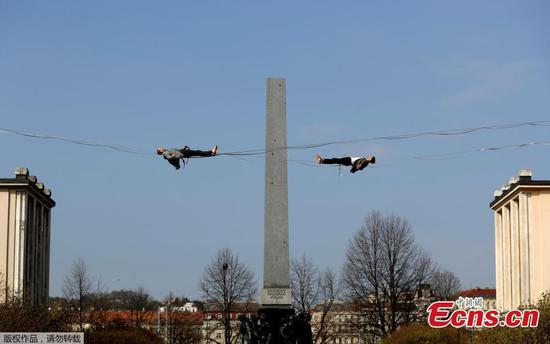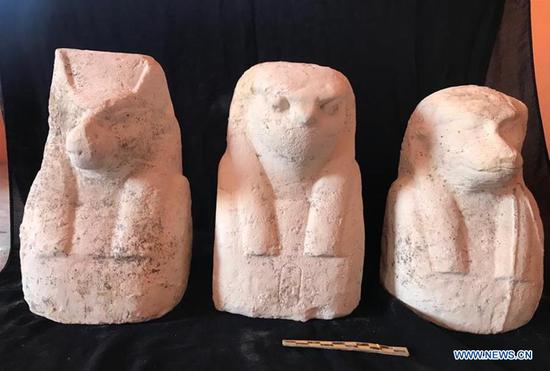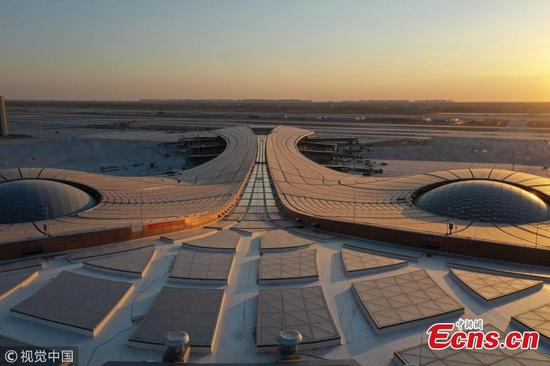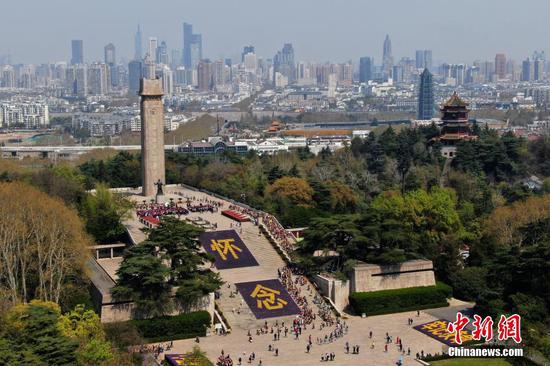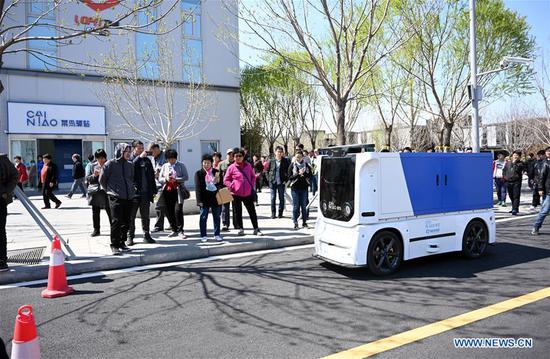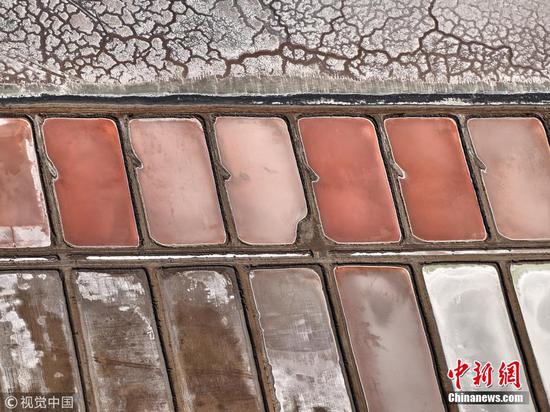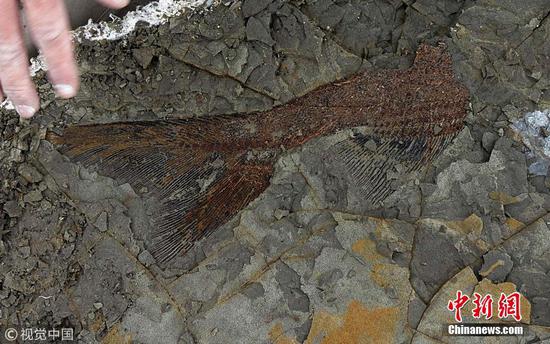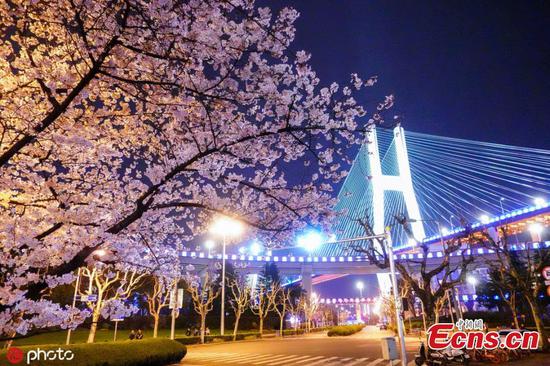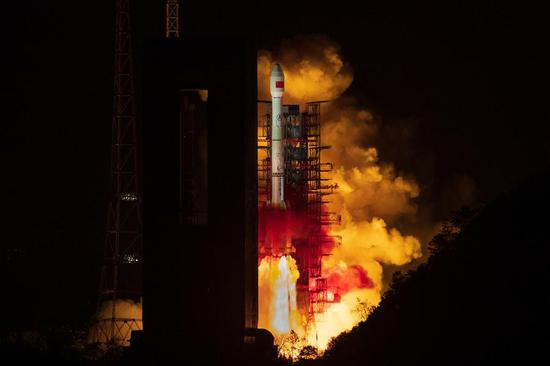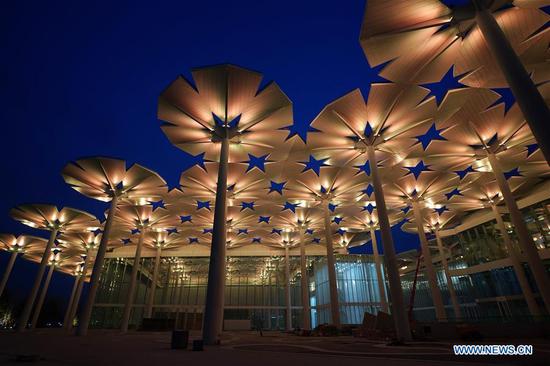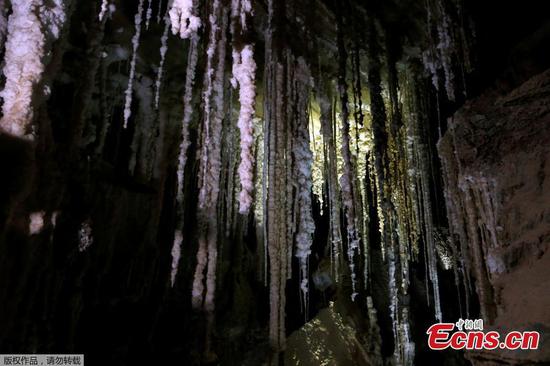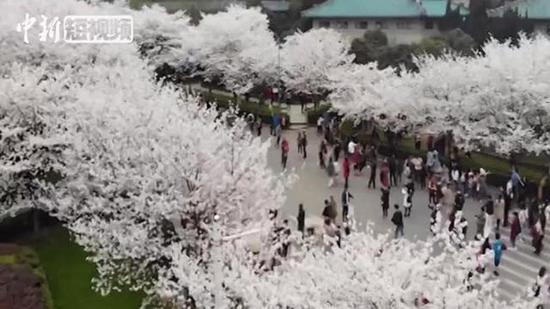The Cyberspace Administration of China (CAC) released the first list of 197 registered blockchain service providers, a move to provide a controllable environment to explore blockchain technology in the country, analysts said.
Among the companies shown on the list are some of the internet giants, including Baidu Blockchain Engine (BBE), Alibaba Cloud BaaS (Blockchain as a Service), Tencent TBaaS (Tencent Blockchian as a Service), and the BaaS platform owned by JD.com. Financial institutions, including China Zheshang Bank and Ping An Insurance Co, are also among the first group to have registered their blockchain services.
Blockchain technology should not be used for any commercial purpose, according to a statement issued by the CAC.
The registration of blockchain service providers is in response to the previously unregulated wave of initial coin offerings (ICO) and aims to provide a controllable environment to explore blockchain technology in China, Liu Xingliang, director of the DCCI Internet Research Institute, told the Global Times on Tuesday.
"In the past few years, the lack of regulations covering cryptocurrency-related blockchain technologies played havoc with the market, causing losses for many investors and leading to a huge waste of electricity, especially by bitcoin miners," Liu said.
In September 2017, the Ministry of Industry and Information Technology issued an announcement regarding the risks of cryptocurrencies, banning all platforms from any trade in cryptocurrencies and ICOs in China.
"But it is undeniable that this emerging technology does have a lot of potential. I believe the government is being very cautious while trying to provide a controllable environment for companies to explore its application," Liu noted.
The list of registered blockchain service providers includes many industry giants with rich experience and solid technology support, such as Tencent and Alibaba, which is also a sign that a new era of blockchain technology development may be on the way, Liu said.
"In the past, when the market was barely regulated, the technology was abused by some unruly companies, some of which were scammers, to lure small investors. Now with the participation of big companies, legitimate research and development of the technology is possible, and the chances are much higher for a safe future with blockchain technology," he added.
However, one of the most exciting yet also dangerous aspects of blockchain is the decentralization of the technology, which means it doesn't require a powerful central authority to operate. Thus, the government needs to do much more than requiring registration to regulate the market properly, Zhao Yao, an expert in the blockchain industry, told the Global Times on Tuesday.
"The registration process is clearly an attempt to regulate the technology," Zhao said, "but it can also be perceived by the market as a government endorsement, which can be potentially abused by some companies."
The technology's link to the financial sector, most notably with cryptocurrencies, also means that it requires interdepartmental cooperation to exert real control over market activities.
"Blockchain can be hard to control, because it doesn't require authority to operate. Previous attempts at regulation by some financial bodies, including the People's Bank of China (the central bank), have been facing challenges mostly because blockchain is no longer confined to the financial sector," Zhao said.
"The CAC can provide technical support, but still it needs cooperation among different departments to get a grip on what's happening. Since the development of blockchain can't be foreseen, there is still a long way to go in terms of proper regulation," noted Zhao.









